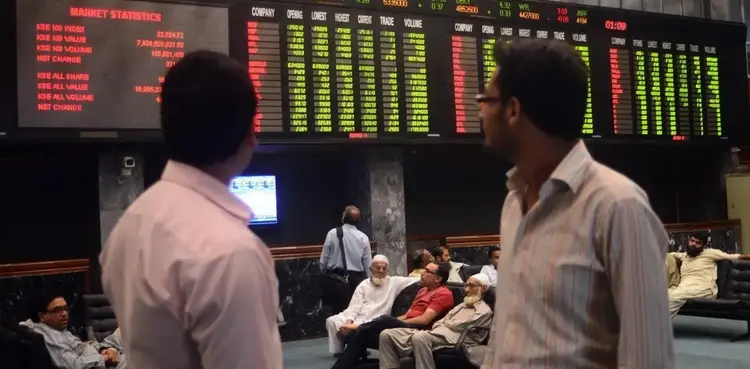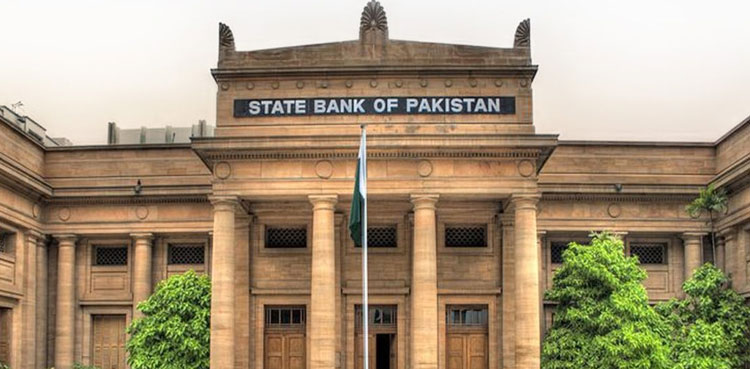The National Database and Registration Authority (NADRA) has partnered with provincial governments to modernise civil documentation to introduce a digital birth and death registration system across hospitals and healthcare centres in Pakistan.
This step is part of the Uraan Pakistan program, focused on utilising technology for effective governance and economic growth.
NADRA is upgrading the Digital Birth and Death Registration System to ensure recording and maintenance of a detailed tracking of life events, under the National Registration and Biometric Policy Framework as a collaborative effort with the World Bank.
By this modern system, hospitals and healthcare facilities will be able to directly register births and/or deaths from the collected data, confirming the timely updates in the national database.
Also, the innovative projects for digital ID and the Digital Economy Enhancement Project (DEEP) will be supported.
Moving further, these statistics will play a main part in fostering technology development and economic events in the country as part of the Uraan Pakistan program, advancing Pakistan’s Digital Birth and Death Registration System.
NADRA and provincial governments have already signed and executed the agreements as a part of the Uraan Pakistan program, including Sindh and Balochistan, with additional agreements likely to be executed in Azad Jammu & Kashmir and Gilgit-Baltistan.
Read More: NADRA offers free NICs for first-time applicants
Earlier, the National Database and Registration Authority (NADRA) took a key step by offering first-time applicants the opportunity to get their national ID cards made free of charge.
This step aimed to make ID registration easier for Pakistani citizens. Additionally, the integration of smart features into the non-chip ID card system made it more prominent.
As per the new policy, individuals who applied for their first Computerised National Identity Card (CNIC) visited NADRA centres and received their non-chip ID card free of cost.
Through a swift and efficient registration process, applicant may get their free ID card in 15 working days.










